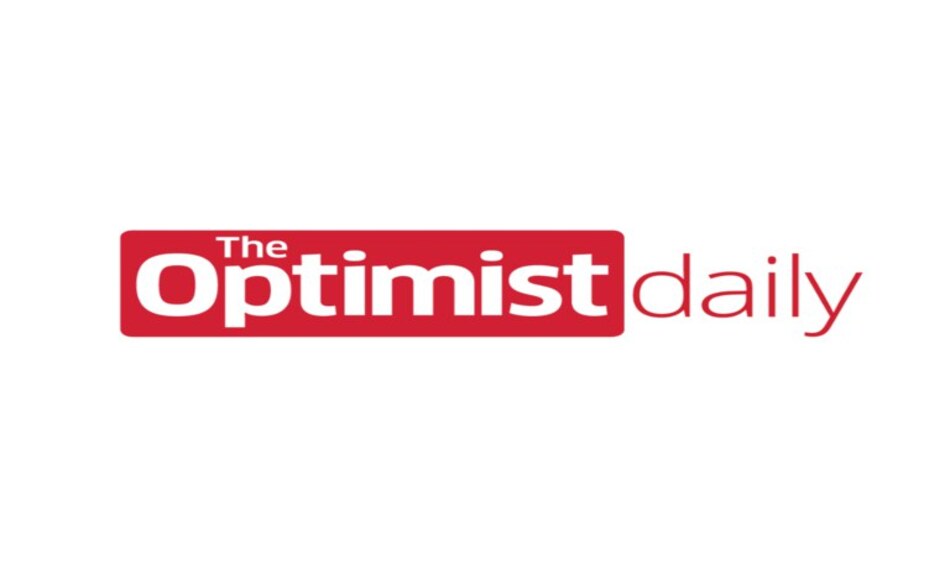While most supermarket products are required to have food labels that help consumers make informed decisions about the food they buy, it’s uncommon to find similar information about the environmental footprint behind our food’s production.
In an effort to challenge that, Quorn – the biggest meat alternative brand in the world – has recently introduced carbon footprint data for more than half of its product line. Carbon labeling delineates where greenhouse gas emissions are associated with production, manufacture, distribution, and transport of a particular consumer product as it is brought to market.
The carbon label serves to inform consumers of an item’s environmental impact and carbon footprint. By reading carbon labels, consumers may be motivated to make better and more sustainable choices, opting for products that contribute the least to climate change. Quorn’s products, in particular, are generally considered healthier and more sustainable because they don’t use livestock. Rather, the company uses mycoprotein – a meat substitute made from cultivating the cells of a fibrous fungus, making its carbon footprint 90 percent lower than beef.
The labels will appear on some products, including the mince, crispy nuggets, sausages, fishless fillets, ultimate burgers, and wonder grains, starting in June 2020, with the entire line of products featuring the new labels starting in 2021. Hopefully, other companies in the industry will follow suit and eventually encourage more consumers to make better choices regarding the food they buy.











